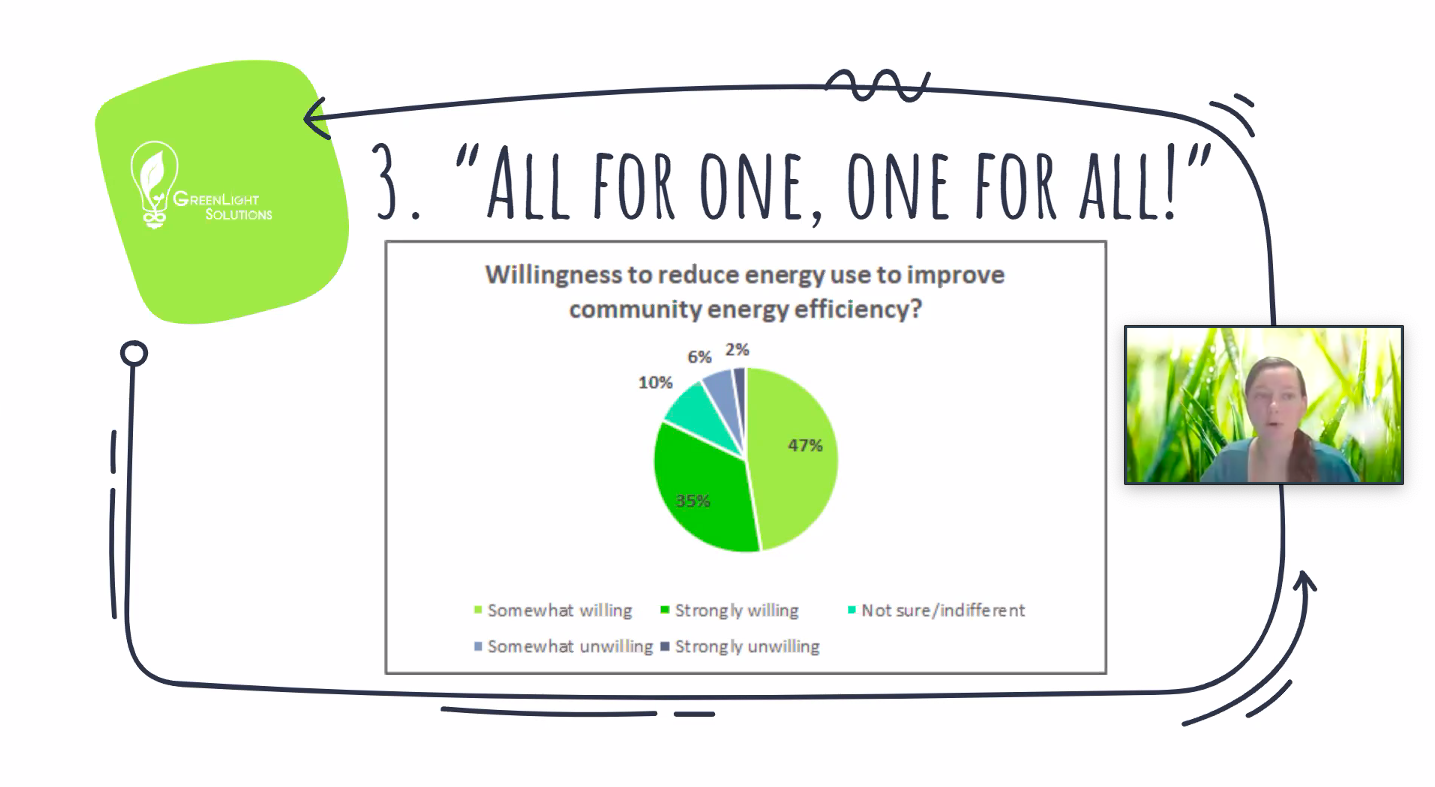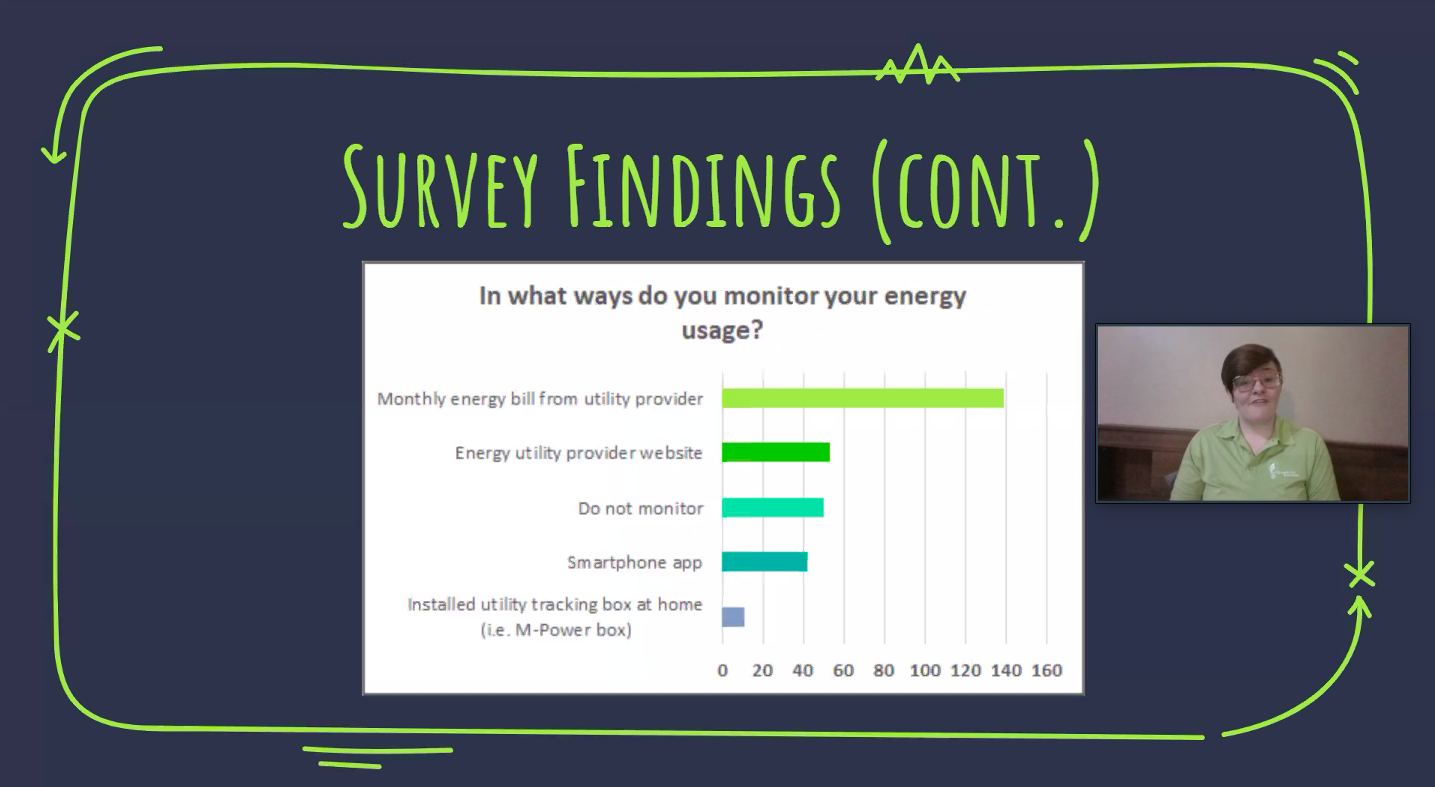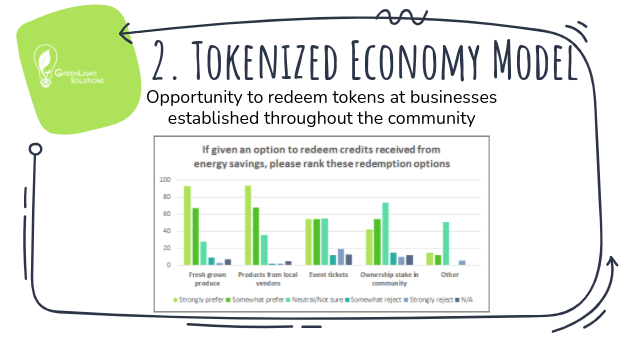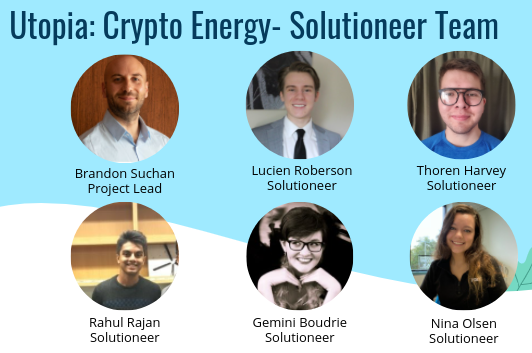|
Urban communities are facing many challenges when it comes to integrating sustainability with day to day living. Large cities mean more urban sprawl--which means more cars, longer travel times, and therefore higher emissions. [...] Urban communities are facing many challenges when it comes to integrating sustainability with day to day living. Large cities mean more urban sprawl–which means more cars, longer travel times, and therefore higher emissions. Massive buildings and expansive pavement contribute to urban heat island (UHI) effect, making the inner city increasingly hotter. While solar panels are becoming more popular, they still only appear sparsely, and seem to be more of a bonus on buildings than a standard. As individuals, it can be difficult to make the changes needed to build a better future. It’s not as if we can upheave the infrastructure of a city overnight, but what if we could start from the ground up with a new community? That’s exactly what Utopia Smart City plans to do. With a vision to develop a sustainable community, Utopia aims to integrate renewable energy, sustainable agriculture, sustainable architecture, and blockchain technology into a completely new smart city in the heart of Phoenix, Arizona. With such an undertaking, Utopia faced some challenges, and as we know, facing challenges gets easier with a little help from friends. This is why Utopia enlisted the assistance of GreenLight Solutions Foundation! As members of the Crypto Energy Engagement Team, we helped Utopia with a pressing issue: how to get residents on board with improving their energy efficiency. As a community using wholly renewable energy, they needed to find a means to persuade residents to avoid using energy during peak hours when the availability of solar energy is low. The problem is, most people use the majority of energy in their homes just after coming home from work– right around the time the sun starts setting. We started our project by researching incentives and behavior change best practices in order to create an energy engagement program outline for Utopia. Additionally, we developed a survey that received over 200 responses! Our research and survey results showed us that social learning and persuasion theories would be most beneficial for influencing behavior change, and the most effective incentives proved to be financial incentives, a tokenized economy, and community ownership. Through our survey, we found that people most value financial compensation for their efforts, such as cash back or rebates. We also found that residents would be open to the idea of a tokenized economy– this is an essential piece since Utopia will base their economy on blockchain, or a virtual economy. With a tokenized economy, residents could earn ‘credits’ to be exchanged for other goods in the community. It was exciting to learn from our survey results that this economy would be feasible for Utopia. Lastly, our respondents were interested in the idea of having part ownership of the community. This makes sense, because when something is yours, you tend to take better care of it. As members of a closer-knit community, this aspect is especially important. We want everyone to be on board, and if the way to do it is to inspire stewardship from the residents, then we wanted to help Utopia achieve this. So, we helped Utopia find the essential parts of motivating a community towards better energy use efficiency. What now? Sure, this may only be one city out of the thousands here in the states, but we know this is just the first step on a big journey. One of the most inspiring takeaways from our project– our research showed us an enormous boost in energy engagement when the right incentives were applied, from 2% to 78%! Recognizing that getting over three-quarters of the population on board with energy efficiency as a viable possibility opens so many opportunities for sustainability going forward. We were absolutely honored to work on such a groundbreaking project with Utopia Smart City.
0 Comments
Leave a Reply. |
Archives
July 2024
Categories |
|
RECEIVE GREENLIGHT NEWS
|
© GreenLight Solutions. All rights reserved.
|






 RSS Feed
RSS Feed